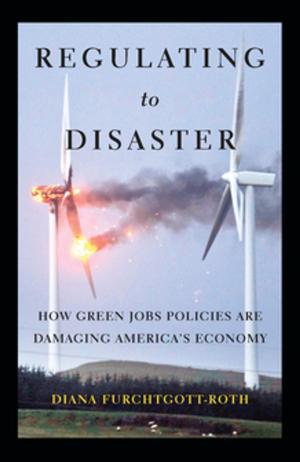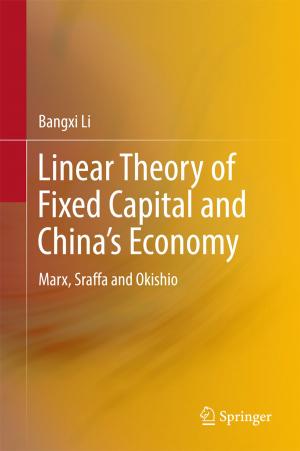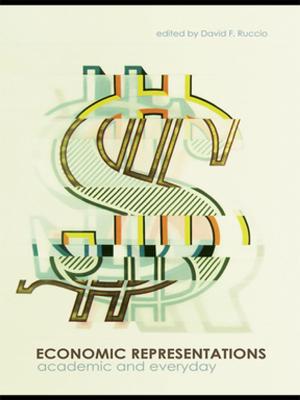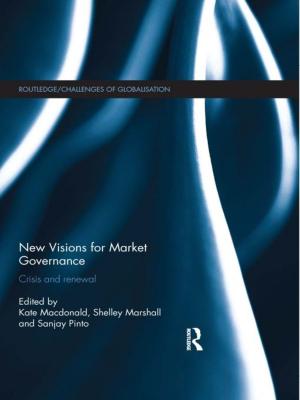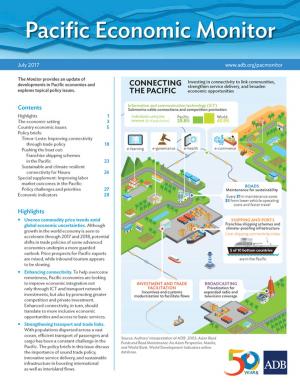The American Dream... Or What's Heaven For?
Nonfiction, Social & Cultural Studies, Political Science, Politics, Economic Conditions| Author: | Michael F. Ford | ISBN: | 9780986423826 |
| Publisher: | Cincinnati Book Publishing | Publication: | September 1, 2015 |
| Imprint: | Language: | English |
| Author: | Michael F. Ford |
| ISBN: | 9780986423826 |
| Publisher: | Cincinnati Book Publishing |
| Publication: | September 1, 2015 |
| Imprint: | |
| Language: | English |
What is the American Dream? The concept is widely discussed by political candidates and in the popular media, but only vaguely understood. The late Michael Ford, Founding Director of the Center for the Study of the American Dream at Xavier University, was uniquely qualified to write this authentic analysis. His book, The American Dream: “Or What's a Heaven For? " was published by Cincinnati Book Publishing in cooperation with Xavier University Center's for the Study of the American Dream. It is a fresh, contemporary look at the American Dream phenomena, which was first popularized by historian James Truslow Adams in the Great Depression era. With the aid original research and survey data, Ford poses questions critical to understanding the nature of the Dream from the authentic point of view of ordinary Americans rather than that of the pundit class. This thought-provoking book, which sums up his findings, offers multi-ple surprises and challenges. The author reveals the popular myths about the Dream, the threats to its persistence, and the reasons that Americans need to sustain it. Contrary to popular belief, Ford concluded that the Dream is not material. It is not about be-coming wealthy or acquiring an expensive house or getting the best job. It is about hope, aspira-tion, and the freedom to lead a meaningful life, and to become the person one wants to be. Ford maintains that those who believe in the Dream are quietly but implicitly driven by Robert Browning's poetic question: Ah, but a man’s reach should exceed his grasp or what’s a Heaven for?” The book discusses threats to the Dream, including the shortcomings of American higher educa-tion, the problem of automation and the economy for the future, the decline of the middle class, and the prevalence of civic illiteracy in the American population. Ford concludes that these threats demand national attention if our desire is to remain both a world leader and the Land of Opportunity. He cites America's need to attract new talent from around the globe, and to relent-lessly innovate ideas, products, and processes, while maintaining civility and the rule of law. Ford critiques the misuse of the American Dream by commercial entities, politicians, pundits, and special interest groups. But he questions the wisdom of calling a Constitutional Convention as a cure for some of our current difficulties, including political paralysis in Washington and the gridlock bitterness of divided government. He sees the present as an age of turning inwardness, which favors the personal, private realm to the neglect of the public arena. Ford relates its endurance of the Dream to the resourcefulness and self-confidence of individu-als, traits that persist despite the public's steadily declining confidence in the United States gov-ernment, its officials, and its economic system. This inspiring and provocative study argues that Americans must continually strive, innovate, and dream big dreams to sustain this land as a place where liberty and justice for all is a reality as well as a promise. Ford wrote: "We believe that the American Dream exists, but more, we be-lieve that in America the Dream must exist in order to make sense of our lives in the lofty and dramatic context we have created for America and Americans." Written in a lively, journalistic style, the book measures public confidence in American institu-tions and the faith and fears individuals have in themselves. The book is designed to stimulate thought, discussions, and action. It will be of interest to marketing professionals, educators, civic and corporate leaders, and all those following public policy and political issues such as im-migration and equality of opportunity. It is suitable for study and discussion in classrooms, nonprofit and business organizations, book clubs, and libraries.
What is the American Dream? The concept is widely discussed by political candidates and in the popular media, but only vaguely understood. The late Michael Ford, Founding Director of the Center for the Study of the American Dream at Xavier University, was uniquely qualified to write this authentic analysis. His book, The American Dream: “Or What's a Heaven For? " was published by Cincinnati Book Publishing in cooperation with Xavier University Center's for the Study of the American Dream. It is a fresh, contemporary look at the American Dream phenomena, which was first popularized by historian James Truslow Adams in the Great Depression era. With the aid original research and survey data, Ford poses questions critical to understanding the nature of the Dream from the authentic point of view of ordinary Americans rather than that of the pundit class. This thought-provoking book, which sums up his findings, offers multi-ple surprises and challenges. The author reveals the popular myths about the Dream, the threats to its persistence, and the reasons that Americans need to sustain it. Contrary to popular belief, Ford concluded that the Dream is not material. It is not about be-coming wealthy or acquiring an expensive house or getting the best job. It is about hope, aspira-tion, and the freedom to lead a meaningful life, and to become the person one wants to be. Ford maintains that those who believe in the Dream are quietly but implicitly driven by Robert Browning's poetic question: Ah, but a man’s reach should exceed his grasp or what’s a Heaven for?” The book discusses threats to the Dream, including the shortcomings of American higher educa-tion, the problem of automation and the economy for the future, the decline of the middle class, and the prevalence of civic illiteracy in the American population. Ford concludes that these threats demand national attention if our desire is to remain both a world leader and the Land of Opportunity. He cites America's need to attract new talent from around the globe, and to relent-lessly innovate ideas, products, and processes, while maintaining civility and the rule of law. Ford critiques the misuse of the American Dream by commercial entities, politicians, pundits, and special interest groups. But he questions the wisdom of calling a Constitutional Convention as a cure for some of our current difficulties, including political paralysis in Washington and the gridlock bitterness of divided government. He sees the present as an age of turning inwardness, which favors the personal, private realm to the neglect of the public arena. Ford relates its endurance of the Dream to the resourcefulness and self-confidence of individu-als, traits that persist despite the public's steadily declining confidence in the United States gov-ernment, its officials, and its economic system. This inspiring and provocative study argues that Americans must continually strive, innovate, and dream big dreams to sustain this land as a place where liberty and justice for all is a reality as well as a promise. Ford wrote: "We believe that the American Dream exists, but more, we be-lieve that in America the Dream must exist in order to make sense of our lives in the lofty and dramatic context we have created for America and Americans." Written in a lively, journalistic style, the book measures public confidence in American institu-tions and the faith and fears individuals have in themselves. The book is designed to stimulate thought, discussions, and action. It will be of interest to marketing professionals, educators, civic and corporate leaders, and all those following public policy and political issues such as im-migration and equality of opportunity. It is suitable for study and discussion in classrooms, nonprofit and business organizations, book clubs, and libraries.

